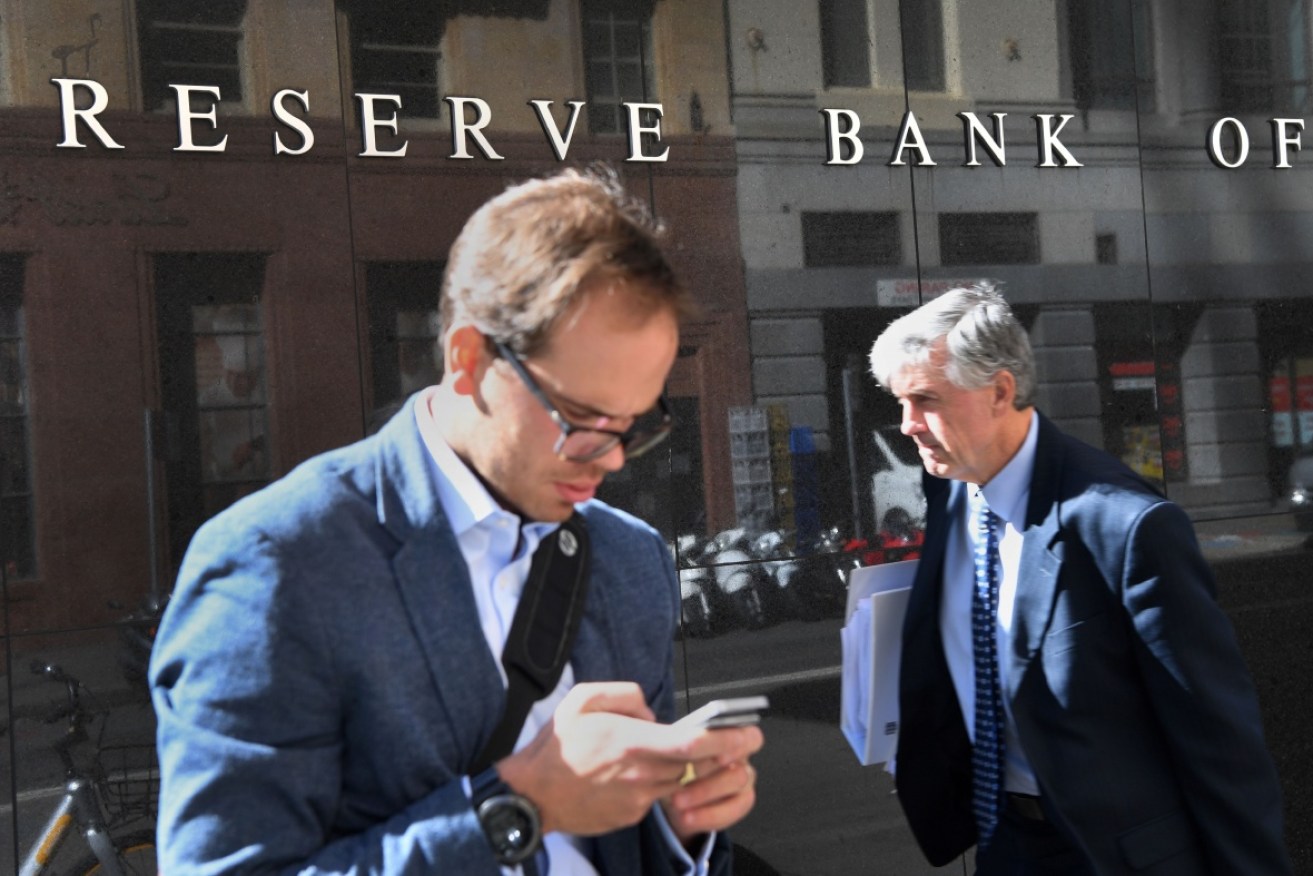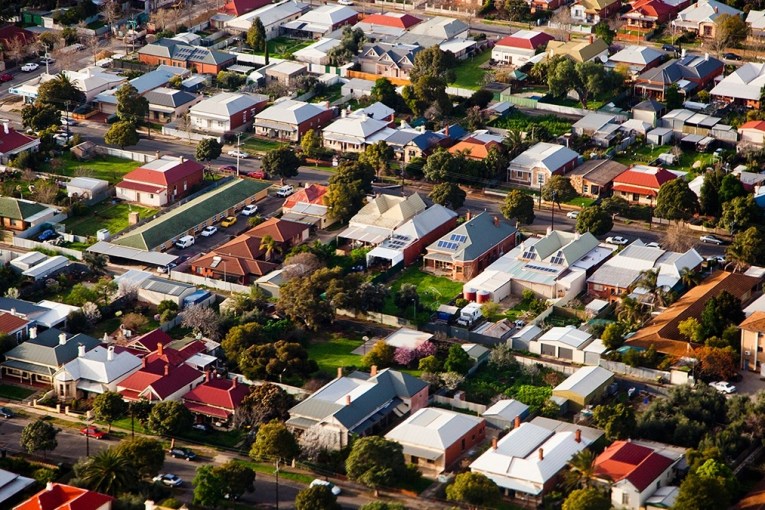What ‘out of cycle’ rate hikes mean for you


Experts expect Australia's big four banks to raise mortgage rates out of cycle. Photo: Getty
The big four banks are expected to raise mortgage rates despite the Reserve Bank decision to keep the official cash rate steady.
The RBA announced on Tuesday the official interest rate would remain on hold at 1.5 per cent.
The decision continues a record-breaking streak of official interest rate stability, marking two years since Australia’s central bank last changed the cash rate.
A recent survey of economists and financial experts by online comparison site Finder found that 58 per cent expect the big four banks to adjust mortgage rates out of cycle.
Despite this, just 38 per cent of experts said that home loan holders should move their loan from variable to fixed rate.
The predictions come in spite of ANZ’s announcement last week that it would lower its variable interest rate for new customers by 0.34 percentage points to 3.65 per cent.
But most experts still expect the big four to follow the lead of smaller banks by raising mortgage rates out of cycle.
So what does this mean for home loan borrowers?
What ‘out of cycle’ rate hikes are, and why they happen
The RBA is responsible for setting official interest rates, otherwise known as the overnight cash rate, which is the rate of interest a central bank charges commercial banks for borrowing money overnight.
While the RBA’s decision acts as a guide for how commercial banks should set mortgage rates, other factors such as the movement of international financial markets also play a role.
When international market rates rise, the wholesale cost of funding rises and banks see their margins reduced, meaning they make less profit off the home loans on their books.
Many economists and financial experts expect the big four banks to move ‘out of cycle’ in coming months by raising variable mortgage rates – which can be changed mid-loan, unlike fixed rates.
“While the cash rate has remained stable, mortgage rates [over the past two years] have been tweaked, the extent to which depends on the borrower type and loan product,” CoreLogic head of research Tim Lawless said.
“Over the same period of cash rate stability, the average standard variable mortgage rate has actually reduced by five basis points for owner-occupiers and increased by 30 basis points for investors.”
According to Mr Lawless, the RBA’s record-breaking period of interest rate stability “hides a deepening complexity in mortgage products”.
Finder insights manager Graham Cooke said that mortgage holders should take the opportunity to evaluate their current home loan.
“As the market heats up and becomes more turbulent, chances are your bank is going to lift your rate, so why wait around?” Mr Cooke said.
Mortgage holders could consider switching to a lender “with a more attractive rate”, or consider restructuring their loan, he said.








